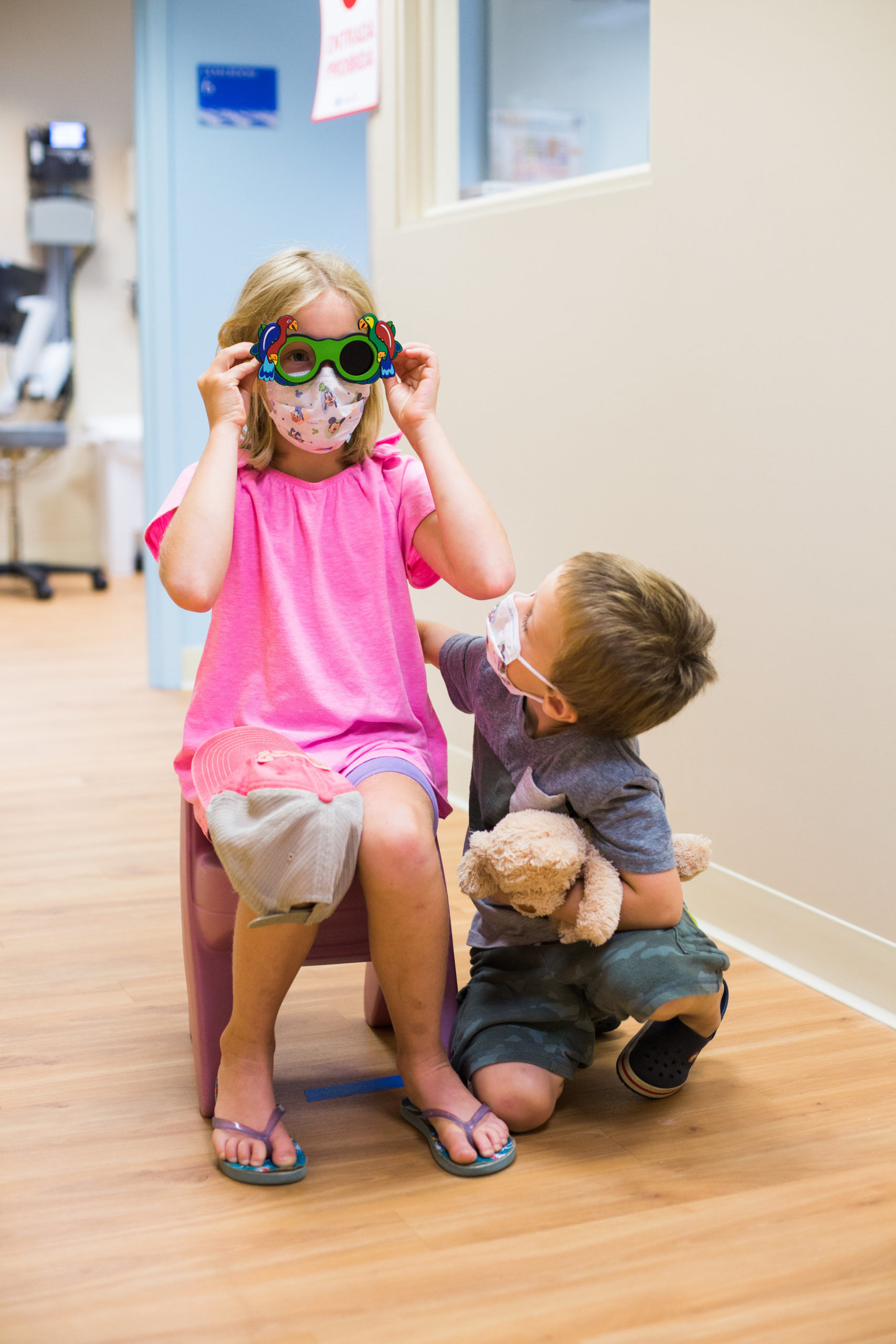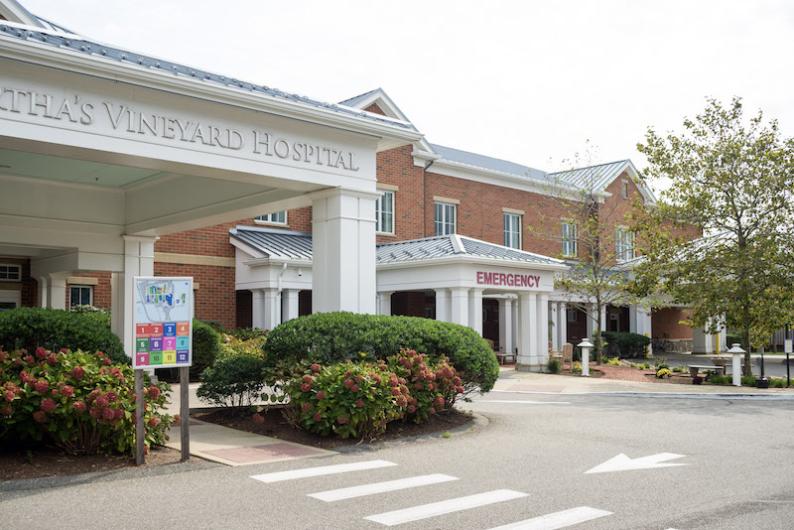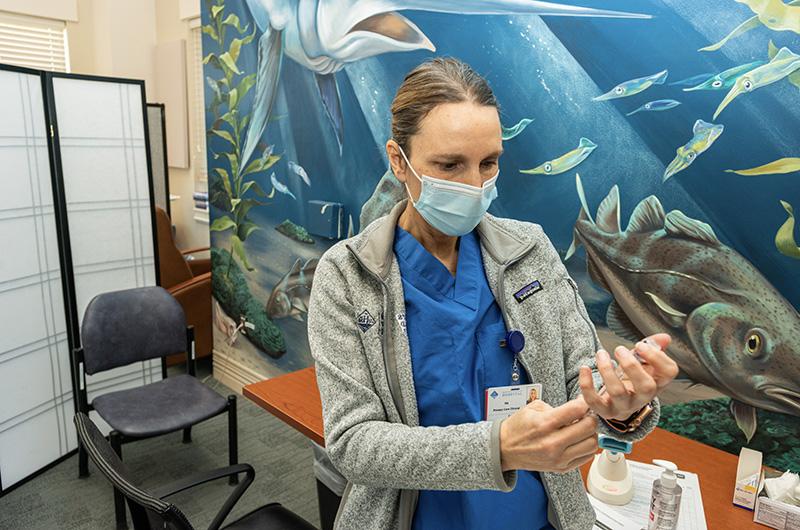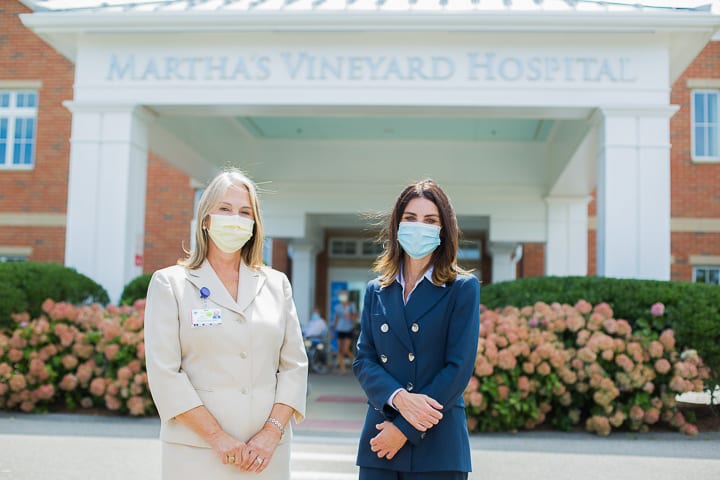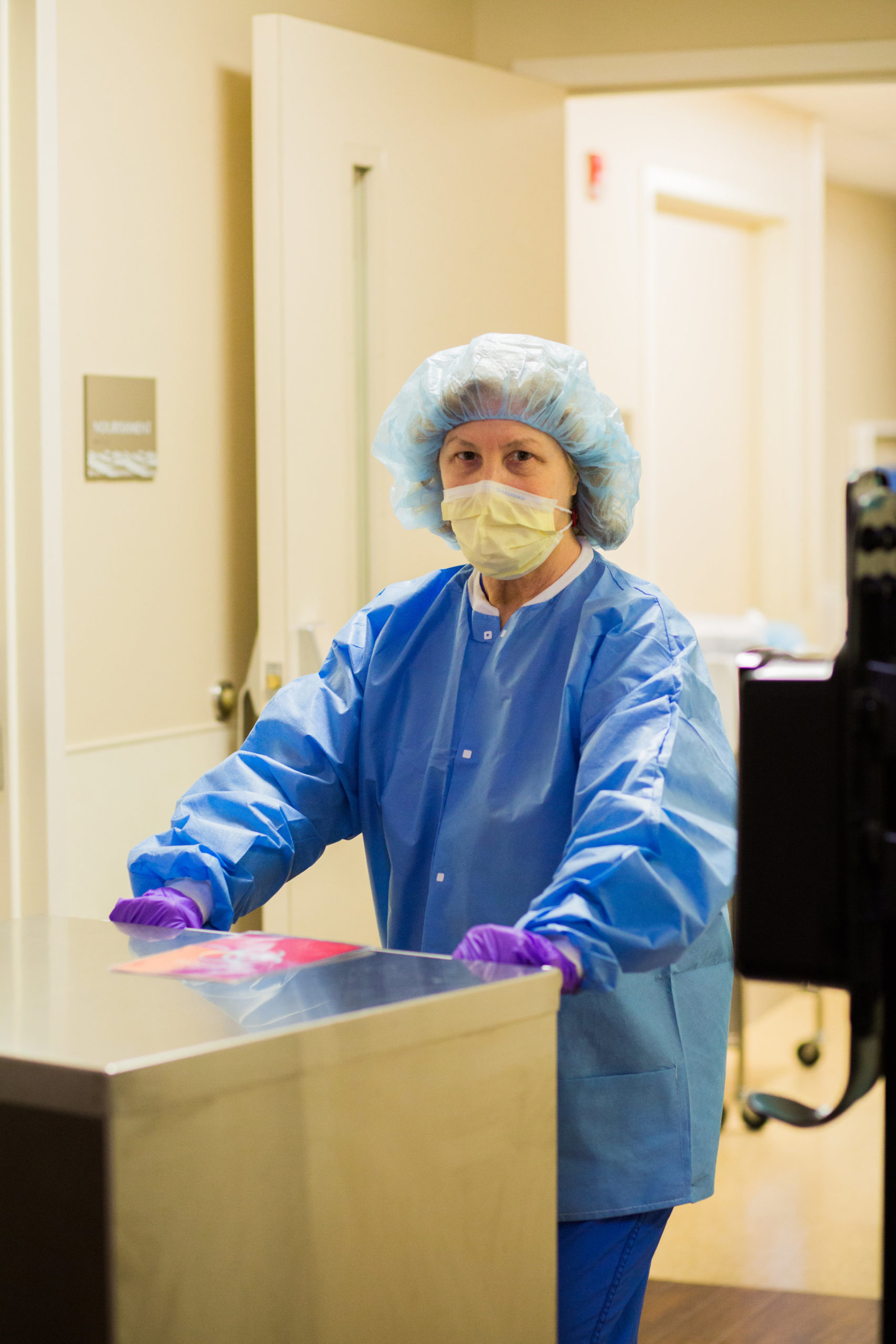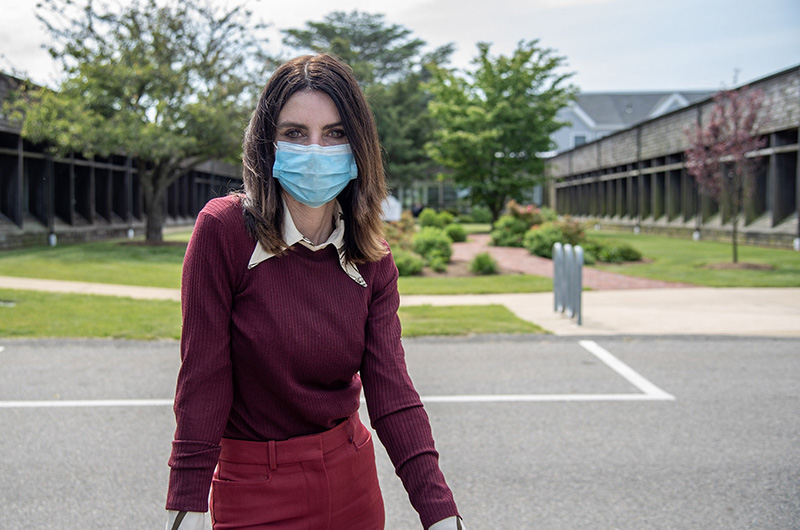The State House News Service reported Wednesday that opioid-related deaths and hospital visits in Massachusetts decreased slightly between 2016 and 2017 — the first decline since numbers were first tracked in 2010. Martha’s Vineyard also saw a decline in opioid-related deaths and hospital visits between those years, according to data gathered by Karen Casper, affiliated Martha’s Vineyard Hospital (MVH) director for emergency medical services (EMS).
The statewide analysis, released by the Health Policy Commission (HPC), cited a 2.3 percent decrease in opioid-related hospital visits from 2016 to 2017. The analysis also noted a decrease in opioid-related deaths — there were 2,100 in 2016, and 2,050 in 2017. The rates of substance exposure in newborns also dropped by 6 percent from 2016 to 2017, according to the report.
On Martha’s Vineyard, while the numbers are much smaller, they followed a similar pattern. In 2016, there were seven opioid-related deaths, compared to just one in 2017. There were 26 opioid-related hospitalizations in 2016, and 12 in 2017. Data regarding substance exposure in newborns was not tracked. “Anyone with high-risk pregnancy tends not to stay [at Martha’s Vineyard Hospital] because of safety,” Casper said. “Those deliveries do not happen very often.”
Data from the HPC is reflective of statewide opioid-related discharges in acute hospital EDs and inpatient settings, as well as opioid-related mortality data gathered by the Centers for Disease Control and Prevention and the Massachusetts Department of Public Health. The numbers date back to 2010.
Casper’s data is reflective of patients who are seen by police and EMS. Data is not reflective of opioid deaths that EMS is not called to, although Casper estimates those numbers might match the ones they are called to. Casper began collecting data in 2016 when opioid-related deaths started to spike on the Island — 2016 is as far back as her data goes.
Data collection is a notoriously difficult process that takes time, money, and resources. It’s especially difficult on Martha’s Vineyard where there are limited resources and a smaller population pool that can introduce privacy issues when trying to document opioid overdoses and deaths.
“Partners [the parent network of MVH] is actively working to help with data collection,” Casper said. “There’s a whole team working to make that information more accessible on Martha’s Vineyard.”
There’s also talk of Project Outreach on Martha’s Vineyard, a proposed network for Island police departments, EMS, the hospital, and the jail to tap into as another point of access after identifying an at-risk patient or individual. That initiative is being championed by Island Integrated Public Health Collaborative (i2PHC) chair and recovery coach Brian Morris in collaboration with Edgartown Police Chief Bruce McNamee, who helped bring a similar initiative to Plymouth County in 2016.
“The outreach program is for people that slip through the cracks,” Casper said.
Other takeaways from the HPC report note that while the opioid-related hospitalization and death rates were on the decline in Massachusetts in 2017, national rates were simultaneously increasing by 11 percent. And while Massachusetts was on the decline, it still had nearly twice as many opioid-related deaths and hospitalizations in comparison to the rest of the country.
“While Massachusetts continues to experience high rates of opioid-related injury and death, recent evidence suggests that the impact of the opioid epidemic is moderating,” the report said.
By comparison, in 2018 Martha’s Vineyard saw 14 opioid-related hospitalizations and one death. In 2019, the hospital has seen 10 opioid-related hospitalizations, and two deaths, with five months still left in the year.
“What’s really concerning is what we’ve seen this year,” Casper said.
In response, MVH has a 24/7 Substance Use Disorder team with an on-call crisis counselor. There’s suboxone distribution in the ED, and all doctors can prescribe a three-day supply, which can be met with a primary care follow-up, according to emergency room nurse manager Mike Spiro. “The hospital has been pretty forward-thinking,” Spiro said.
Island Health Care in Edgartown, Martha’s Vineyard Community Services, and i2PHC also offers a robust line of substance use disorder services for Islanders in crisis or at-risk.


